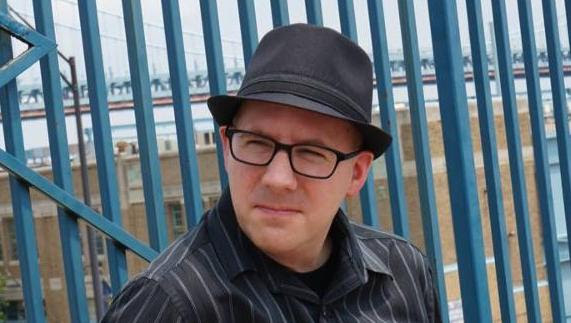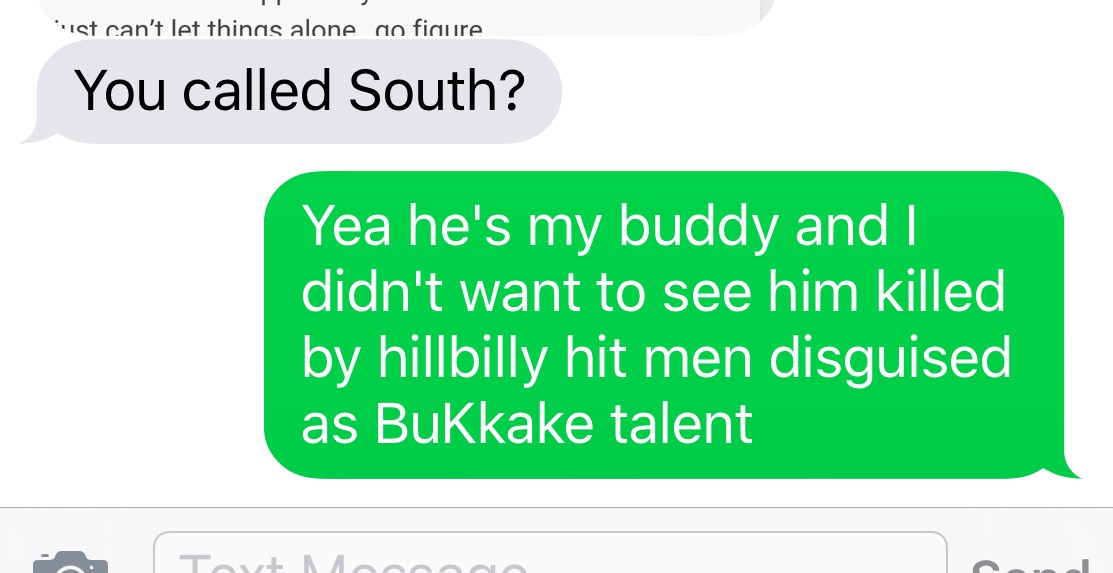
When I was editor of the Erotic Review there was a distinct difference between the genders when I was beseeching authors to write something sexy for the magazine. If women acquiesced they would generally apply themselves to the task with determination and sincerity, mining their own experience and desires in pursuit of genuinely erotic prose. Men, on the other hand, often trembled at the thought of applying themselves with that degree of naked sincerity. One well known author and broadcaster was fairly representative when he told me: “I can write about sex, but only if it’s bad, comedic, absurd, embarrassing or downright disgusting. I can’t begin to write about ‘making love’ because the very thought makes my toes curl.”
He protested that Anglo-Saxon men just don’t feel comfortable with that degree of exposure – which is exactly why the late Auberon Waugh instigated the Literary Review Bad Sex in Literature Awards, to punish those who don’t show such reticence.
Perhaps this helps explain why, year after year, the number of male nominations for the Bad Sex awards far outstrips those by female authors. This year’s list is no exception. There are only two women on the provisional long list of 12 – Jean Auel and Dori Ostermiller – while there are plenty of well-known male offenders, such as Stephen King, Lee Child, Sebastian Barry and David Guterson.
I read Guterson’s book Ed King and I have to say the sex scenes (and every part of the book, come to that) were so mortifyingly awful that I wiped them from my memory and chucked the volume in the bin. Just as I thought my mind and soul were purged, here comes the Literary Review to remind me of the horror: “In the shower, Ed stood with his hands at the back of his head, like someone just arrested, while she abused him with a bar of soap.” All I can say is that this is the lightest and most tasteful of the excerpts.
I can only posit a theory, but I tend to blame the higher rate of mortifying sex scenes in novels by men on the nature of their fantasies. During my years at the coalface of eroticism I noted that the chaps are more likely to grow hot under the colour about a particular sexual scenario: shall we say a woman in high heels walking over him in a short skirt without panties. Whereas women are interested in the detail surrounding the story; they can’t turn it into a satisfactory fantasy unless they have striven to make it realistic: who is this woman, what is her backstory and motivation, and what brand are the heels? Thus when women write sex scenes they often sound truer and less ridiculous. Not always, of course.
But too many men offer us the fantasies of grownup schoolboys. I refer you to the following passage from The Humbling by Philip Roth, which won him a lifetime achievement’s award from the Literary Review: “It was English that Pegeen spoke when she looked over from where she was, now resting on her back beside Tracy, combing the little black cat-o’-nine-tails through Tracy’s long hair, and, with that kid-like smile that showed her two front teeth, said to him softly, ‘Your turn. Defile her.’ She took Tracy by one shoulder, whispered ‘Time to change masters,’ and gently rolled the stranger’s large, warm body toward his. ‘Three children got together,’ he said, ‘and decided to put on a play,’ whereupon his performance began.”
This passage reminds me of the many battles I had when editing the late Simon Raven, who seemed unable to conceive of a short story that didn’t end with a young boy in cricket whites having sex with his mother, his aunt, or even his grandmother. Raven was famously a thoroughly bad boy, even in his eighth decade, and his imagination never strayed far from something nasty in the nursery.
Conversely, it is simply impossible to imagine AS Byatt or Hilary Mantel troubling their readers with a cliché straight from a ropey old porn film. They are simply too dignified. Meanwhile those women authors who do apply themselves to the hard task of writing about sex tend to do so with veracity and a distinctly grownup sensibility. I never feel I’ve stumbled across the crazed fantasies of an upper fifth-former when I’m reading the novels of Julie Myerson, Michelle Roberts, Rose Tremain or Tessa Hadley, all of whom tackle eroticism head on.
It is my solemn duty to note, as I end, that all generalisations are there to be vigorously undermined. Sebastian Faulks wrote one of the most successfully kinetic sex scenes in literature in Birdsong; it always seemed to me that the book’s huge success had as much to do with the flushed cheeks of housewives across the nation as it did to the author’s diligent research on sappers. And, as for my personal prize for the worst sex writing in English literature, I award it to one Rosa Mundi (a pseudonym for a renowned female novelist) for the following passages in the novel Vocational Girl. Mundi writes of a blow-job: “I like the feeling of my lips being stretched, the incorporation of the chthonic male other into the mouth from which I speak, the head from which I think, the face which is my polite persona in the non-sexual intercourse of polite society.” Guterson, King and co can take some comfort from the fact that Rosa Mundi is rumoured to be none other than that towering icon of feminist letters: Fay Weldon.
Source. TheGuardian





